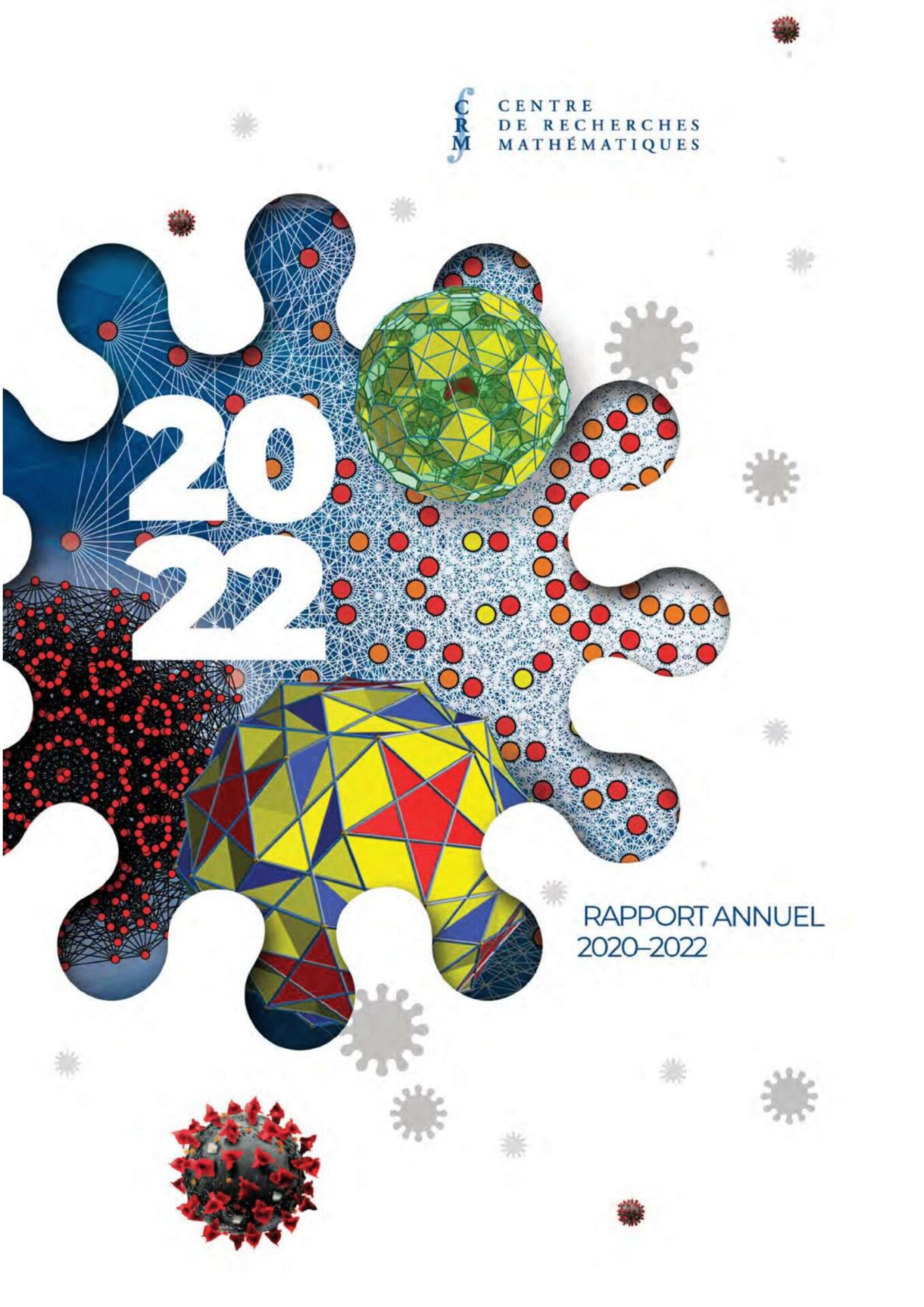Structure
International Scientific Advisory Committee
The International Scientific Advisory Committee (ISAC) advises the CRM on all scientific orientations: selection, organisation and elaboration of the thematic programs (annual programs, semestral programs and short programs), elaboration of the general and multidisciplinary programs and all other important activities.
The International Scientific Advisory Committee meets at the CRM at least once a year, and several times a year by videoconference. Here is a list of its members:
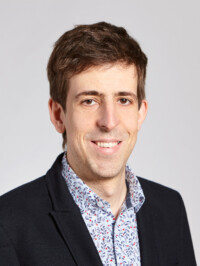 Formerly an assistant professor of Mathematics and Data Science with the Courant Institute of Mathematical Sciences at NYU, Afonso S. Bandeira is since May 2019 a full professor of Mathematics at ETH Zurich. He holds a BS and MS in Mathematics from University of Coimbra (Portugal), and did his PhD at the Program of Applied and Computational Mathematics at Princeton University. He joined NYU after a year as an instructor at the department of Mathematics at MIT.
Formerly an assistant professor of Mathematics and Data Science with the Courant Institute of Mathematical Sciences at NYU, Afonso S. Bandeira is since May 2019 a full professor of Mathematics at ETH Zurich. He holds a BS and MS in Mathematics from University of Coimbra (Portugal), and did his PhD at the Program of Applied and Computational Mathematics at Princeton University. He joined NYU after a year as an instructor at the department of Mathematics at MIT.
Afonso’s interests are in Mathematics of Data Science, broadly defined. These include connections with Probability, Computer Science, Statistics, Machine Learning, Discrete Math, Image/Signal Processing, and Physics.
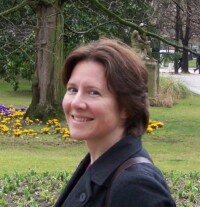 Lia Bronsard is one of Canada’s leading mathematical analysts, whose interests lie in the field of partial differential equations and the calculus of variations. She specializes in the study of singular limits of solutions of partial differential equations. Her research brings rigorous methods of analysis to bear on problems arising in the physical sciences, and in particular those involving singular geometrical structures such as vortices, phase transition layers, and grain boundaries.
Lia Bronsard is one of Canada’s leading mathematical analysts, whose interests lie in the field of partial differential equations and the calculus of variations. She specializes in the study of singular limits of solutions of partial differential equations. Her research brings rigorous methods of analysis to bear on problems arising in the physical sciences, and in particular those involving singular geometrical structures such as vortices, phase transition layers, and grain boundaries.
Bronsard was born in Québec in 1963 and received her Baccalauréat ès sciences in mathematics from the Université de Montréal in 1983. She received her Ph.D. in 1988 from the Courant Institute of Mathematical Sciences at New York University, working with R. V. Kohn on the De Giorgi conjecture connecting singularly perturbed reaction-diffusion equations and mean curvature flow. After her degree, she held positions at Brown University, the Institute for Advanced Study, and the Center for Nonlinear Analysis at Carnegie Mellon University. In 1992, she moved to McMaster University, where she is now a Professor of Mathematics.
During the period after her thesis, Bronsard worked on energy driven pattern formation in collaboration with B. Stoth and others. Her paper with F. Reitich on the structure of triple-junction layers in grain boundaries, from her period at CMU, was the first mathematical analysis of these multiphase singular structures and has been highly influential.
In her current research, Bronsard studies the detailed structures of vortices in the phenomenon of Bose-Einstein condensation and in the Ginzburg-Landau models of superconductivity. In this area, her work, in collaboration with S. Alama, T. Giorgi, P. Mironescu, E. Sandier and colleague J. Berlinsky from Physics at McMaster University, sets a very high standard of quality, and is a model of interdisciplinary research.
She is president of the Canadian Mathematical Society for the 2014-2016 term.
 Pierre Colmez studied at the École normale supérieure, and earned his Ph.D. degree at the Université de Grenoble under the direction of John Coates and J.-M. Fontaine. Having previously held positions at the Max-Planck Institut für Mathematik and the École Polytechnique, he is presently a Directeur de recherche at the CNRS, Institut de Mathématiques de Jussieu. He was an invited speaker at the International Congress of Mathematicians in 1998 and at the European Congress of Mathematics in 2012, and has given distinguished lecture series at many institutions, including the Aisenstadt Chair lectures at the CRM in 2015.
Pierre Colmez studied at the École normale supérieure, and earned his Ph.D. degree at the Université de Grenoble under the direction of John Coates and J.-M. Fontaine. Having previously held positions at the Max-Planck Institut für Mathematik and the École Polytechnique, he is presently a Directeur de recherche at the CNRS, Institut de Mathématiques de Jussieu. He was an invited speaker at the International Congress of Mathematicians in 1998 and at the European Congress of Mathematics in 2012, and has given distinguished lecture series at many institutions, including the Aisenstadt Chair lectures at the CRM in 2015.
Colmez’ main mathematical contributions were focused in the beginning on p-adic Galois representations and p-adic L-functions, for which he was awarded the Fermat Prize in 2005. More recently, his work has centered on the p-adic Local Langlands Correspondence, where he introduced a functor that became known as the ” Montreal functor “. In 2016 he was awarded the Léonid Frank prize by the Académie des sciences.
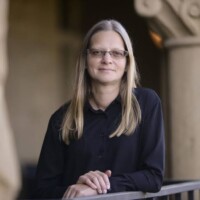 Coming soon
Coming soon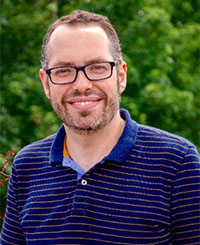
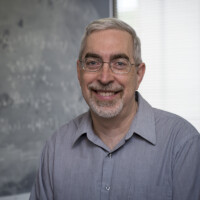 Robert Pego has been a professor at Carnegie Mellon since 2004. He received his A.B. in mathematics from the University of Chicago and obtained his Ph.D. in applied mathematics from the University of California at Berkeley. He was a postdoctoral research associate at the University of Wisconsin, and became assistant professor at the University of Michigan before being a professor at the University of Maryland for 14 years.
Robert Pego has been a professor at Carnegie Mellon since 2004. He received his A.B. in mathematics from the University of Chicago and obtained his Ph.D. in applied mathematics from the University of California at Berkeley. He was a postdoctoral research associate at the University of Wisconsin, and became assistant professor at the University of Michigan before being a professor at the University of Maryland for 14 years.
His research interest include dynamics in infinite-dimensional physical systems, universal scaling behavior in models of clustering and coarsening, stability of nonlinear waves, and numerical methods for incompressible viscous flow.

For the profound impact of his work, Quastel has been recognized as a Fellow of the Royal Society of Canada (2016), and was the recipient of a Killam Research Fellowship (2013). He delivered an invited address at the 2010 International Congress of Mathematicians in Hyderabad India.
Jeremy Quastel received his Ph.D. from the Courant Institute in 1990. After six years at the University of California, Davis, he moved to his present position at the University of Toronto in 1998.
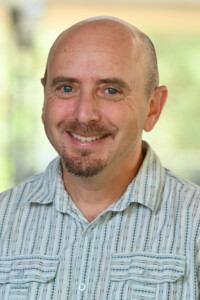 Coming soon
Coming soon
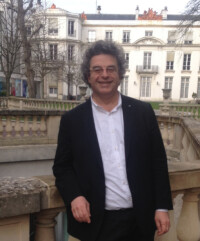 Emmanuel Royer is a university professor at the University of Clermont-Auvergne, where he directed the *Laboratoire de mathématiques Blaise Pascal* from 2014 to 2018. He then became Deputy Scientific Director of the National Institute for Mathematical Sciences and their Interactions at CNRS from 2018 to 2023, responsible for support units (including the CIRM in Marseille, the IHP in Paris, and Mathdoc, which promotes open access publishing), mediation and educational links, gender parity, and communication.
Emmanuel Royer is a university professor at the University of Clermont-Auvergne, where he directed the *Laboratoire de mathématiques Blaise Pascal* from 2014 to 2018. He then became Deputy Scientific Director of the National Institute for Mathematical Sciences and their Interactions at CNRS from 2018 to 2023, responsible for support units (including the CIRM in Marseille, the IHP in Paris, and Mathdoc, which promotes open access publishing), mediation and educational links, gender parity, and communication.
Since completing his PhD under the supervision of Étienne Fouvry and Philippe Michel, which he defended in 2001, he has worked in number theory, focusing particularly on modular forms and related functions. Recently, for example, he has studied the distribution of partial sums of Kloosterman sums from an analytical perspective; and, from a more algebraic viewpoint, the formal deformations of quasi-modular and Jacobi forms generalizing Rankin-Cohen brackets.

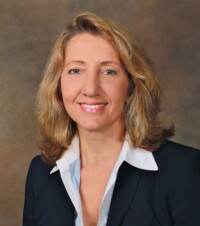 Coming soon
Coming soon